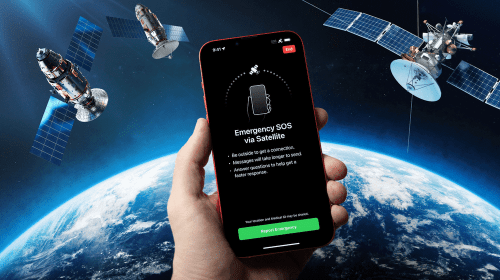The concept of VSAT satellite communication has been around since 1945. Initially proposed by Sir Arthur Charles Clarke, a brilliant idea of relaying radio signals to remote areas via satellite spacecrafts has developed into the VSAT communication industry serving a variety of connectivity demands worldwide.
BusinessCom services
BusinessCom has been in the VSAT communications industry since 2003. VSAT satellite communications services we offer include:
- Internet access
- Enterprise Wide Area Networks and VPN
- Point-to-Point Circuits
- VNO, Group QoS and Hub-based Private Networks
- Uplinking
- Hybrid Networks
- Maritime Connectivity
BusinessCom employs geostationary satellite space segment capacity on a fleet of spacecrafts operated by industry leaders such as SES Global, Telesat, Intelsat, RSCC, Eutelsat and others. Our VSAT communication services range from Direct to Home to multi-megabit IP backbones supporting national voice and data carriers, including private VSAT communication networks; with service availability virtually anywhere in the world. BusinessCom lands the VSAT communication circuits at highly redundant terrestrial ground stations in Europe (Norway, Sweden and Germany) and United States. This enables us to provide high performance single hop IP connectivity to 1st Tier Internet backbones at very competitive rates. BusinessCom® Telephony Services, PEP and Sentinel bandwidth management and optimization solutions are part of the global BusinessCom VSAT communications infrastructure.
History
The very first satellite transmission was established in 1962 through AT&T Telstar satellite launched by NASA, uplinked from US ground station near Andover, Maine. Nowadays, VSAT communications services provide broadband Internet access, traditional telephony and television broadcasting as well as a wide range of innovative solutions to carry multimedia information exchange such as VoIP, IP videoconferencing, digital signage, e-voting, telemedicine, online education and many others. The VSAT communication technology emerged to eliminate the digital divide between nations and significantly improve the quality of life by enabling worldwide access to global information resources.





